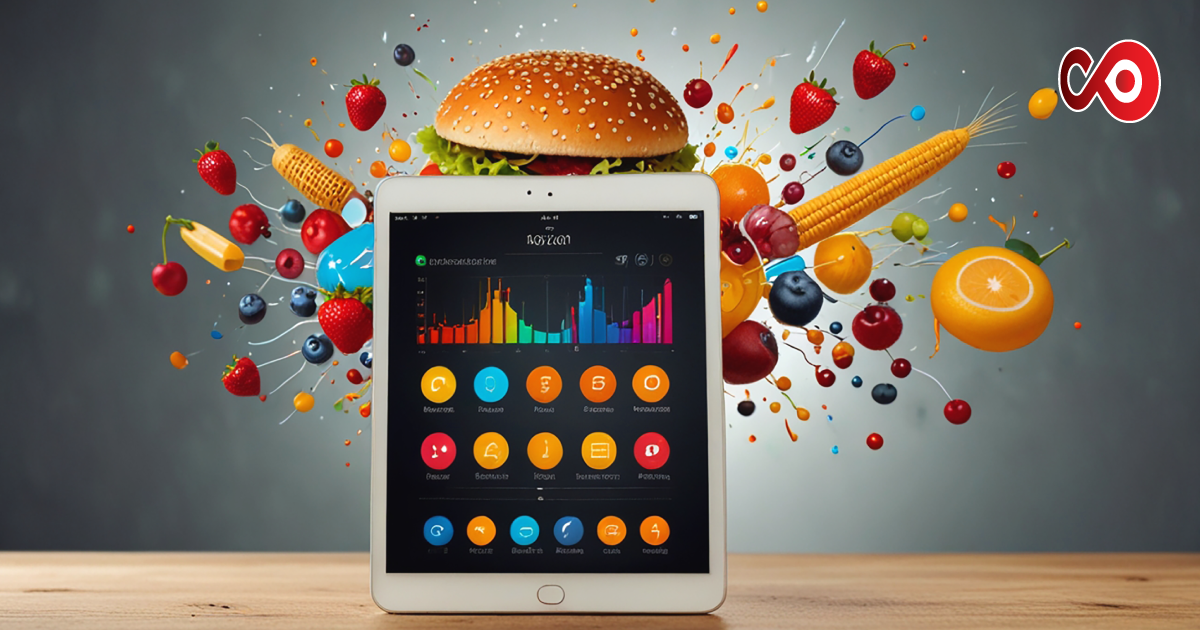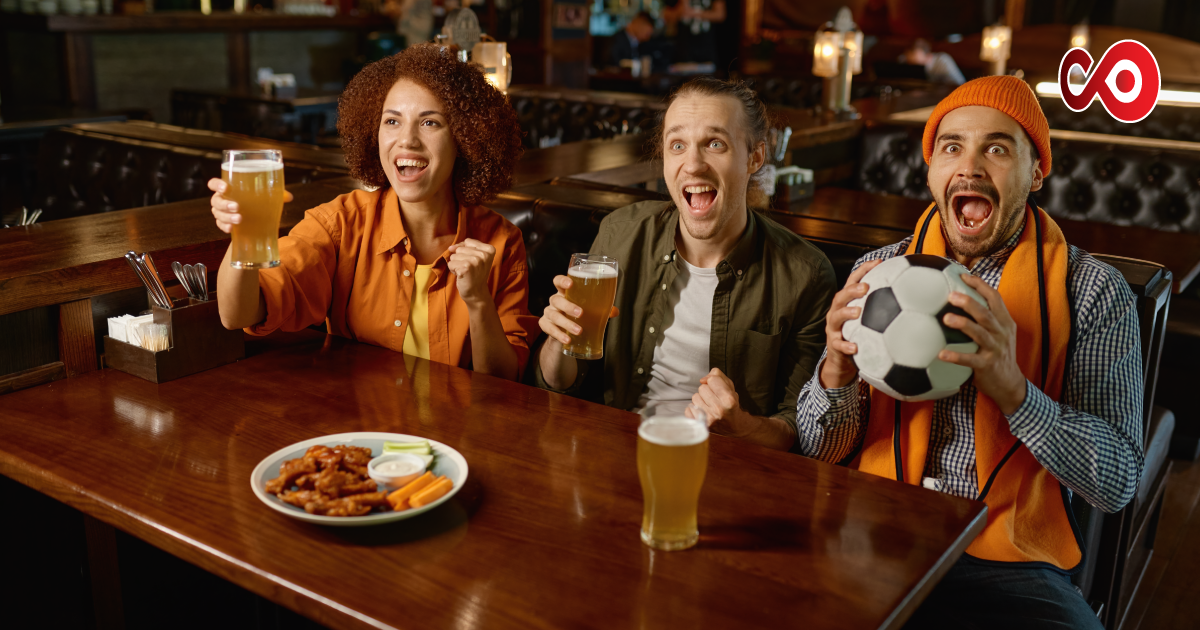Running a restaurant on your own can be quite challenging. As an owner, you’re responsible for many crucial tasks like branding, service delivery, customer communication, feedback management, and overall customer experience.
Handling all these tasks manually can be both time-consuming and expensive. Fortunately, you can streamline your operations and increase sales by using various tools and software. In fact, most successful restaurants use these solutions for online reservations, food ordering, inventory management, and performance analysis. This means your competitors are likely using these restaurant marketing tools to boost their businesses.
If you want to enhance your online presence and grow your restaurant business, consider using the essential tools listed below. Here are some key tools and how they can help your restaurant thrive.
Online Ordering Platforms
Online ordering systems like ChefOnline have transformed the way customers interact with restaurants. By collaborating with a restaurant marketing platform, you can enhance convenience for existing customers, reach new audiences, and boost sales.
Online ordering platforms offer real-time order tracking, flexible order customisation, and flawless payment options, improving the overall customer experience.
Social Media Marketing
Social media platforms like Facebook, Instagram, and Twitter offer restaurants a great way to connect with their audience, highlight their menu, and launch targeted ads.
Make sure you opt for a top-quality digital marketing service for your restaurant. By regularly sharing top-notch content, engaging with followers, and using social media insights, restaurants can boost their brand visibility, attract more visitors to their website, and ultimately grow their sales.
Email Marketing
Email marketing is a budget-friendly method for restaurants to keep in touch with their customers, promote special deals, and encourage repeat business. By creating an email list of loyal patrons and sending regular newsletters with personalised content, restaurants can keep their audience engaged, inspire repeat visits, and create excitement about new menu items or events.
Customer Relationship Management (CRM)
A powerful CRM system is essential for restaurant marketing. It helps track customer preferences, purchase history, and feedback, allowing for personalised marketing campaigns and targeted promotions. By segmenting customers based on their behaviour and preferences, restaurants can create tailored marketing strategies, boost customer loyalty, and increase revenue.
Website Optimisation
A well-optimised website is crucial for turning online visitors into customers. Restaurants need to ensure their website is mobile-friendly and easy to navigate and features essential details like menu items, location, hours of operation, and contact information. By optimising their website for search engines and user experience, restaurants can boost their online visibility, attract more customers, and increase conversions.
Search Engine Optimization (SEO)
SEO is a powerful restaurant marketing strategy that enhances online visibility and draws organic traffic. By optimising website content, meta tags, and local listings with relevant keywords, restaurants can boost their search engine rankings. This increases the likelihood of being found by potential customers searching for nearby dining options.
Online Reviews Management
Managing online reviews on platforms like TrustPilot is crucial for building trust with potential customers and maintaining a positive online reputation. Restaurants should regularly monitor and respond to customer reviews promptly.
Address any negative feedback professionally and encourage satisfied customers to leave positive reviews. By actively managing online reviews, restaurants can demonstrate their commitment to customer satisfaction and attract more diners to their establishment.
Data Analytics
Data analytics tools offer restaurants crucial insights into customer behaviour, marketing effectiveness, and operational efficiency. By monitoring essential metrics like website traffic, customer engagement, and sales data, restaurants can make well-informed decisions, refine their marketing strategies, and pinpoint improvement areas.
Additionally, data analytics help measure the return on investment (ROI) of marketing campaigns, allocate resources efficiently, and foster ongoing growth and innovation.
Marketing Automation
Marketing automation is a vital tool for restaurants, helping them streamline their marketing efforts, save valuable time, and offer personalised experiences to their customers. By automating routine tasks like email campaigns, social media updates, and customer communications, restaurants can engage more effectively with their audience, nurture leads, and boost conversions.
Automation allows restaurants to scale their marketing strategies, enhance campaign performance, and concentrate on strategic initiatives that drive long-term growth. Utilising these modern tools and techniques can significantly improve a restaurant’s online presence, attract new patrons, and increase revenue in today’s competitive market.
Final Thoughts
In today’s competitive restaurant landscape, leveraging the right marketing tools is essential for success. Integrating those tools and platforms allows you to streamline operations, enhance customer engagement, and boost sales. Each tool offers unique benefits, from increasing online visibility and managing customer relationships to automating marketing tasks and analysing data for informed decision-making.
Embracing these modern solutions will improve your restaurant’s efficiency and elevate your customers’ overall dining experience. By utilising these powerful marketing tools to their full potential, you can stay ahead of the competition and drive growth. While increasing sales, you may even get nominated for prestigious food industry awards such as the Asian Restaurant & Takeaway Awards (ARTA).





